Some auto insurance policies tend to be fairly bare-bones, while others offer protection for nearly every scenario of loss or damage. With a number of auto insurance companies, coverage types, and policies to choose from, where do you even begin? Here are the basics of auto insurance coverage, including what’s required by law, what coverage you may want to consider, and the importance of understanding deductibles.
Car Insurance Basics
When you purchase an insurance policy, you buy protection that will absorb some or all of your damage costs. When it comes to the money that you could be spending, it's important to understand what you're paying for.
Premium
The premium is the amount you pay each month, every six months, or annually to keep your coverage in place and active. If you miss a payment, the insurer can choose to cancel your policy or charge a late fee. If they cancel, if you renew with them you may find the cost of your policy could increase.
Deductible
Almost all auto insurance policies have a deductible, which is the amount of money you have to pay out-of-pocket when you file a claim. For example, if you get in an accident that is your fault, with damage of $5,000, and your deductible is $500, then you'll have to pay the $500 before the insurance company covers the rest of the repairs. Typically, a higher deductible will lower your insurance premium, but it means you pay more when damage has occurred.
Limit Overage
Once you’ve paid your deductible, then your coverage depends on limits (i.e. how much is covered in total per accident), and for what kinds of losses. Every policy has a limit. No insurer provides unlimited loss coverage. The total ceiling amount will vary depending on the policy you buy. The types of losses are spelled out in the agreement and cover various types of damage that could occur. Any amount of damage, loss, or liability over the limits will be your responsibility to pay yourself.
High Vs. Low Deductible
Why does the deductible matter? Because insurance providers offset their risk with premiums. The longer a customer sticks with the insurance company, the more likely a claim that does occur can be paid back with recovered premium payments. However, when a customer also agrees to bear some of the cost of a claim, that reduces the provider’s risk as well.
Simply put, a higher deductible will likely mean lower monthly premiums. A lower deductible will typically keep monthly premiums higher. Just remember, when a damaging event does occur, you’ll be on the hook for that deductible amount before your insurance provider kicks in its share.
Types of Car Insurance Coverage
The type of coverage you choose to have will impact what damage is protected, the limits, and how much you can expect to pay in premiums.
Basic Coverage
Basic coverage typically encompasses the minimum requirements your given state requires all drivers have in terms of insurance protection.
Liability
A common example of basic coverage is liability insurance. If you are determined to be at fault in an accident, liability insurance will pay for the damage to the other driver. In many states, this is the only type of insurance required. It does not, however, cover any damage to your own vehicle.
Collision
Collision covers the cost of damage caused by a drivers’ vehicle to other vehicles and property. Notably, this protection does not cover medical costs incurred by injured parties.
Extended Coverage
Extended coverage can include a variety of coverage types you pick and choose to add to your insurance policy. Some examples of extended or premium coverage add-ons include:
- Gap coverage: Provides a value return between the market value of a car and what you originally paid for the vehicle.
- Vandalism protection: Protects your vehicle from intentional damage.
- Powertrain coverage: Protects the expensive inner workings of your vehicle, including the engine, driveshaft, transmission, etc. Many new car buyers find this protection built into their car purchase from a dealer.
- Extended coverage: Provides additional coverage for areas already covered by a car warranty plan for an extended period of time (beyond what the original warranty was set for).
Comprehensive or Premium Coverage
Just as it sounds, comprehensive coverage covers all major types of losses, both for you and other parties you damage. These plans will typically provide additional benefits for theft, travel problems, roadside assistance and more. The cost tends to be higher to account for all the additional coverage, but it can be lowered with a higher deductible and a good driving record.
It can be tough to determine what type of car insurance coverage you may need. Review your options with your insurance agent, run through “what if” scenarios to determine how much and when you’d be liable to pay and assess your monthly premium. Of course, insurance review is a part of Escient Financial's Comprehensive Financial Planning, so you can get help with that too. Go ahead and...
This content is developed from sources believed to be providing accurate information. The information in this material is not intended as investment, tax, or legal advice. It may not be used for the purpose of avoiding any federal tax penalties. Please consult legal or tax professionals for specific information regarding your individual situation. The opinions expressed and material provided are for general information, and should not be considered a solicitation for the purchase or sale of any security. Digital assets and cryptocurrencies are highly volatile and could present an increased risk to an investors portfolio. The future of digital assets and cryptocurrencies is uncertain and highly speculative and should be considered only by investors willing and able to take on the risk and potentially endure substantial loss. Nothing in this content is to be considered advice to purchase or invest in digital assets or cryptocurrencies.
Enjoying Escient Financial’s Insights?
The weekly newsletter is usually delivered to your email inbox Friday or Saturday, and includes:
- the latest Escient Financial Insights articles
- a brief of the week's important news regarding the markets
- recommended third-party reads
- selected Picture of the Week
Escient Financial does NOT sell subscriber information. Your name, email address, and phone number will be kept private.
















